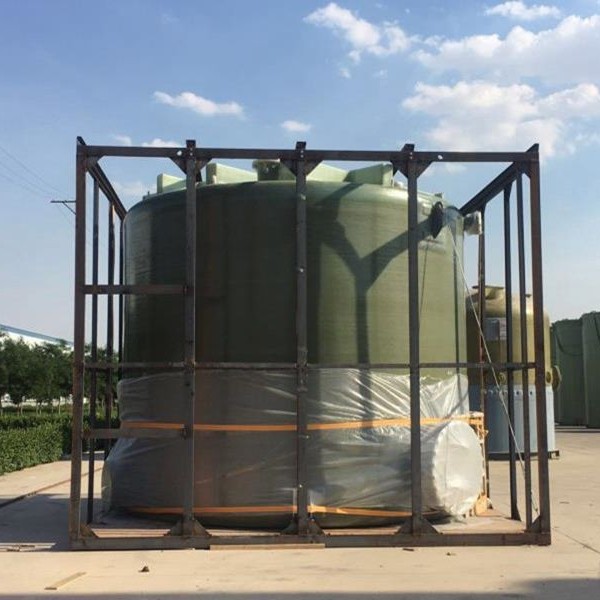
-
 Afrikaans
Afrikaans -
 Albanian
Albanian -
 Amharic
Amharic -
 Arabic
Arabic -
 Armenian
Armenian -
 Azerbaijani
Azerbaijani -
 Basque
Basque -
 Belarusian
Belarusian -
 Bengali
Bengali -
 Bosnian
Bosnian -
 Bulgarian
Bulgarian -
 Catalan
Catalan -
 Cebuano
Cebuano -
 China
China -
 China (Taiwan)
China (Taiwan) -
 Corsican
Corsican -
 Croatian
Croatian -
 Czech
Czech -
 Danish
Danish -
 Dutch
Dutch -
 English
English -
 Esperanto
Esperanto -
 Estonian
Estonian -
 Finnish
Finnish -
 French
French -
 Frisian
Frisian -
 Galician
Galician -
 Georgian
Georgian -
 German
German -
 Greek
Greek -
 Gujarati
Gujarati -
 Haitian Creole
Haitian Creole -
 hausa
hausa -
 hawaiian
hawaiian -
 Hebrew
Hebrew -
 Hindi
Hindi -
 Miao
Miao -
 Hungarian
Hungarian -
 Icelandic
Icelandic -
 igbo
igbo -
 Indonesian
Indonesian -
 irish
irish -
 Italian
Italian -
 Japanese
Japanese -
 Javanese
Javanese -
 Kannada
Kannada -
 kazakh
kazakh -
 Khmer
Khmer -
 Rwandese
Rwandese -
 Korean
Korean -
 Kurdish
Kurdish -
 Kyrgyz
Kyrgyz -
 Lao
Lao -
 Latin
Latin -
 Latvian
Latvian -
 Lithuanian
Lithuanian -
 Luxembourgish
Luxembourgish -
 Macedonian
Macedonian -
 Malgashi
Malgashi -
 Malay
Malay -
 Malayalam
Malayalam -
 Maltese
Maltese -
 Maori
Maori -
 Marathi
Marathi -
 Mongolian
Mongolian -
 Myanmar
Myanmar -
 Nepali
Nepali -
 Norwegian
Norwegian -
 Norwegian
Norwegian -
 Occitan
Occitan -
 Pashto
Pashto -
 Persian
Persian -
 Polish
Polish -
 Portuguese
Portuguese -
 Punjabi
Punjabi -
 Romanian
Romanian -
 Russian
Russian -
 Samoan
Samoan -
 Scottish Gaelic
Scottish Gaelic -
 Serbian
Serbian -
 Sesotho
Sesotho -
 Shona
Shona -
 Sindhi
Sindhi -
 Sinhala
Sinhala -
 Slovak
Slovak -
 Slovenian
Slovenian -
 Somali
Somali -
 Spanish
Spanish -
 Sundanese
Sundanese -
 Swahili
Swahili -
 Swedish
Swedish -
 Tagalog
Tagalog -
 Tajik
Tajik -
 Tamil
Tamil -
 Tatar
Tatar -
 Telugu
Telugu -
 Thai
Thai -
 Turkish
Turkish -
 Turkmen
Turkmen -
 Ukrainian
Ukrainian -
 Urdu
Urdu -
 Uighur
Uighur -
 Uzbek
Uzbek -
 Vietnamese
Vietnamese -
 Welsh
Welsh -
 Bantu
Bantu -
 Yiddish
Yiddish -
 Yoruba
Yoruba -
 Zulu
Zulu
Innovative Design and Uses of Fiberglass Boats in Modern Marine Industry
The Advantages of Fiberglass Vessels in Modern Maritime Industries
In the realm of maritime industries, the choice of material for vessel construction plays a crucial role in determining not only performance but also durability, safety, and maintenance costs. In recent decades, fiberglass has emerged as a favored material for a broad range of vessels, from small recreational boats to large commercial ships. This article aims to explore the reasons behind the popularity of fiberglass vessels and the myriad advantages they offer.
1. Lightweight Yet Strong
One of the most significant advantages of fiberglass is its impressive strength-to-weight ratio. Fiberglass vessels can be constructed to be lighter than those made from traditional materials like wood or steel, without sacrificing strength. This reduced weight leads to enhanced fuel efficiency, quicker speeds, and easier handling both in the water and during transportation on land. Additionally, the lighter construction results in lower operational costs, as less energy is required to propel and maneuver the vessel.
2. Resistance to Corrosion and Weathering
Unlike metal vessels, which may be susceptible to rust and corrosion over time, fiberglass is inherently resistant to the damaging effects of seawater, UV radiation, and extreme weather conditions. This property makes fiberglass vessels particularly well-suited for marine environments where exposure to harsh elements is a daily occurrence. As a result, owners of fiberglass vessels enjoy longer service life and reduced maintenance requirements, as the likelihood of deterioration due to corrosion is significantly minimized.
3. Versatility in Design
Fiberglass can be molded into various shapes and sizes, providing unparalleled design flexibility. This versatility means that manufacturers can create boats that meet specific performance needs or aesthetic preferences. Whether it is a sleek racing yacht or a spacious family cruiser, fiberglass can be engineered to optimize function and form. Additionally, the ability to produce complex designs ensures that the vessel can offer advanced features, such as improved hydrodynamics, enhancing vessel performance.
fiberglass vessel

4. Low Maintenance Requirements
Vessels constructed of fiberglass require less maintenance compared to those made from wood or metal. Fiberglass does not require repainting as frequently, and in case of scratches or minor damages, repairs can often be executed with resin and fiberglass cloth, preventing the need for extensive overhauls. This low upkeep nature not only saves time and money for owners but also assures that vessels remain in prime condition for longer periods.
Growing environmental awareness has driven many manufacturers to adopt eco-friendly materials and practices in vessel construction. Fiberglass, being a synthetic material, can be engineered with fewer toxic substances compared to traditional construction materials. Moreover, advancements in production technologies are leading to the development of recycled or bio-based fiberglass composites, further enhancing the sustainability of fiberglass vessels.
6. Safety Features
Safety is paramount in marine activities, and fiberglass vessels can contribute to this objective. Notably, the non-conductive nature of fiberglass minimizes the risk of electrical hazards, while its buoyancy properties enhance stability and reduce capsizing risk. Additionally, modern fiberglass designs incorporate advanced safety systems, ensuring that both crew and passengers can travel safely.
In conclusion, fiberglass vessels represent a significant leap forward in the maritime industry, offering a blend of lightweight durability, resistance to environmental factors, design versatility, and low maintenance costs. As marine technology continues to evolve, it is likely that fiberglass will remain at the forefront of vessel construction, appealing to both recreational users and commercial operators alike. With excellent safety features and the potential for sustainable practices, fiberglass vessels will undoubtedly continue to shape the future of maritime exploration and transportation. Whether one is an avid boater or an industry professional, understanding the benefits of fiberglass can enhance the appreciation of this remarkable material and its applications on the sea.









